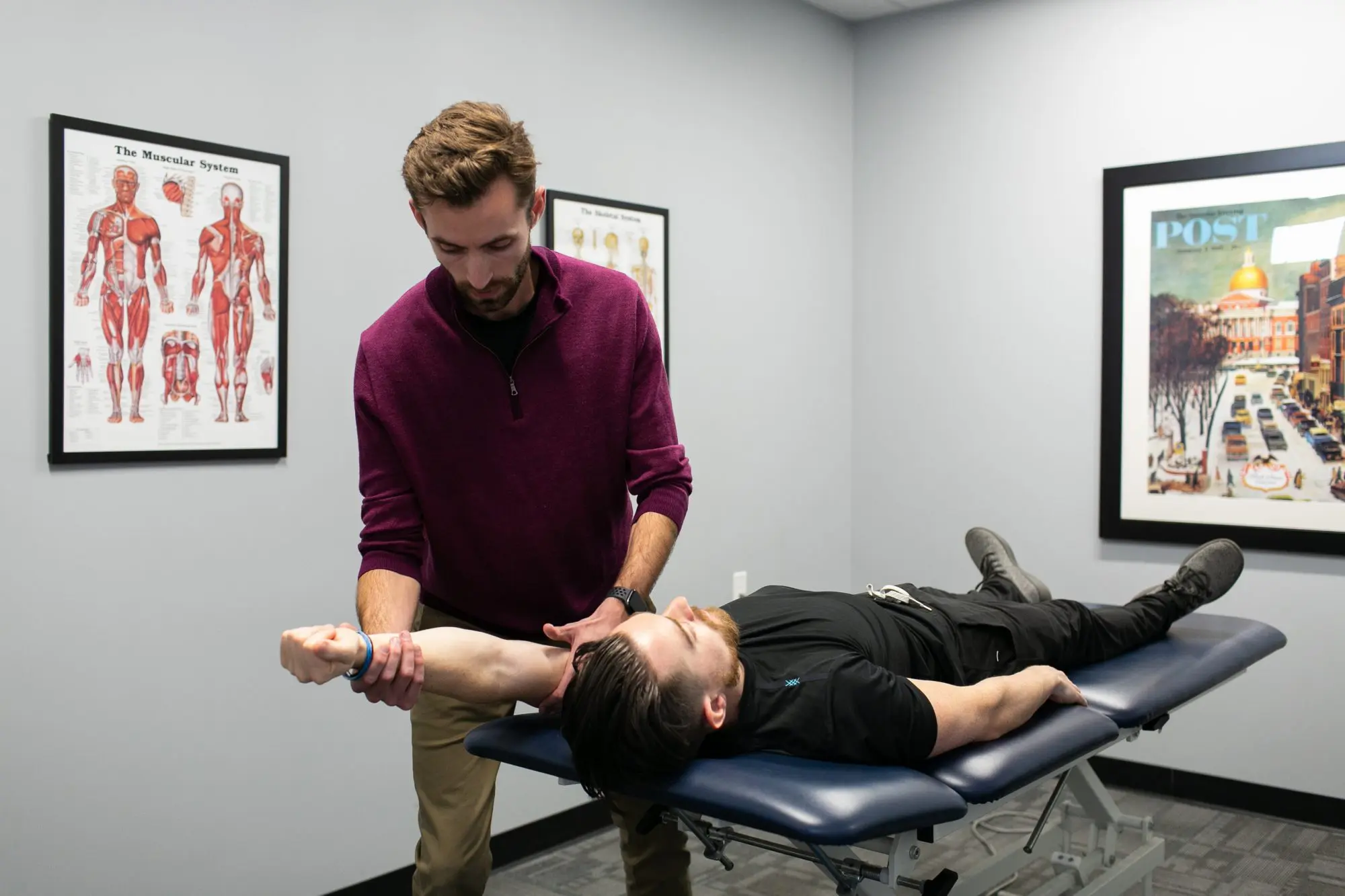
How to Prepare for Your Physical Therapy Appointments
Physical Therapy can be such a crucial part of your journey to recovery whether you’re healing from surgery, injury, or managing a chronic condition. To get the most out of your physical therapy sessions and accelerate your progress, proper preparation is key to the success of this. There are lots of steps that go into preparing and making sure that you get the most out of your appointments. Idaho Falls Physical Therapy is here to help you!
Choosing the Right Physical Therapist
The first step in your preparation is to choose the right physical therapist for your needs. Making sure that your therapist is experienced, licensed, has the correct schooling, and specialized in your current condition or injury, is so pivotal and important. A good physical therapist will help you to create a personalized treatment plan and to achieve set goals that your body needs to heal properly.
Verifying Your Insurance Coverage
Before starting physical therapy, make sure to check your insurance coverage. Find out if physical therapy is covered and how many sessions are allowed and what you may have to pay outside of coverage. Finding out what your copay or deductible may be is important to make sure that you know if this office is a correct fit for you. Understanding your insurance can help you plan for the financial aspects of physical therapy and what is expected in that aspect.
Gather Your Medical Records
Your medical history and records are so essential for physical therapy to develop a tailored treatment plan to you individually. Make sure to provide your physical therapist with a complete medical history including all details of your injury or condition, any tests or imaging, and previous treatments that you may have received. Having all of that information will help the process goes smoothly and make sure that you can get right to the problem, and they can know how to fix it immediately and you can help speed up the process.
Set Realistic Goals
Discuss your goals with the therapist and make sure that you can remain focused throughout your treatment. Whether your goal is to regain mobility, improve strength and flexibility, reduce pain, or anything else that your body may need, it is important to set clear and achievable objectives to help you stay motivated. Staying motivated and focused throughout your treatment it was very pivotal because and make it hard and making sure that you can stay on track and achieve those goals is vital.
Dress Appropriately
Wear comfortable and loose fitting clothing to your therapy sessions. Your therapist may need to access the injured area so be prepared for that. Proper attire allows for easy movement and makes it easier for the therapist can conduct exercises and evaluations. Making sure that you have the right footwear is something to think about based on your injury or condition.
Prepare Mentally and Emotionally
Physical therapy can be challenging both physically and emotionally. Preparing yourself for the mental journey ahead and for the weeks that are to come in understanding that the progress may be slow but trying to stay positive and motivated is pivotal. Seek support from friends and family to help you stay committed to your treatment plan and to stay on that path of your goals. Keeping yourself accountable and having an accountability partner can keep up your goals with you.
Stay Committed to Homework
Your physical therapist will provide you with exercises to do at home. These will help and be a critical part of your rehabilitation period be diligent about completing your homework as it significantly impacts your progress and make sure that you include every week. Making sure that you keep up with your strength in keeping your body moving one sure that your body helps gain that muscle back or helps with those injuries that you may have. Being diligent about exercises and homework that you receive will help you in the long run.
Ask Questions
Don’t be afraid to ask questions that you may have about your treatment, concerns, prognosis, or anything else that may come up. Understanding each purpose of the exercises that you do in the outcomes of them will help you stay engaged and committed to what you’re supposed to do. Making sure that you ask all the questions that you may have when something new may have come up or if you are feeling a little funny with your injury, will help your therapist know your concerns and help you communicate those to you.
Effectively Communicate
Maintaining open and honest communication with your physical therapist is essential. They want to know your experience and your pain level or discomfort during your exercises we’re doing our appointments. Adjusting your treatment plan accordingly to make sure that you progress safely is one of their most important roles. Making sure that you are safe and all that you do and that you can communicate what you’re thinking and feeling about your progress is the most important thing to do with them. They need to know all that you were thinking and feeling to make sure that you get the best care possible and can make the best progress based on the results you are feeling.
Preparing for physical therapy is a vital step to your journey towards recovery and improved health. By understanding your insurance, choosing the right physical therapist, taking a proactive approach to your treatment, can ensure you a more successful and effective rehabilitation process. Physical therapy is a collaborative effort between you and your physical therapist to make sure that you are prepared and committed to be on your way to success. Trusting all that your physical therapist says and does for you can ensure that you are the healthiest and have the most progress based on your injury or condition that you may have. This is such a vital step towards making sure that you’re healthy again and keep your body moving no matter what!



